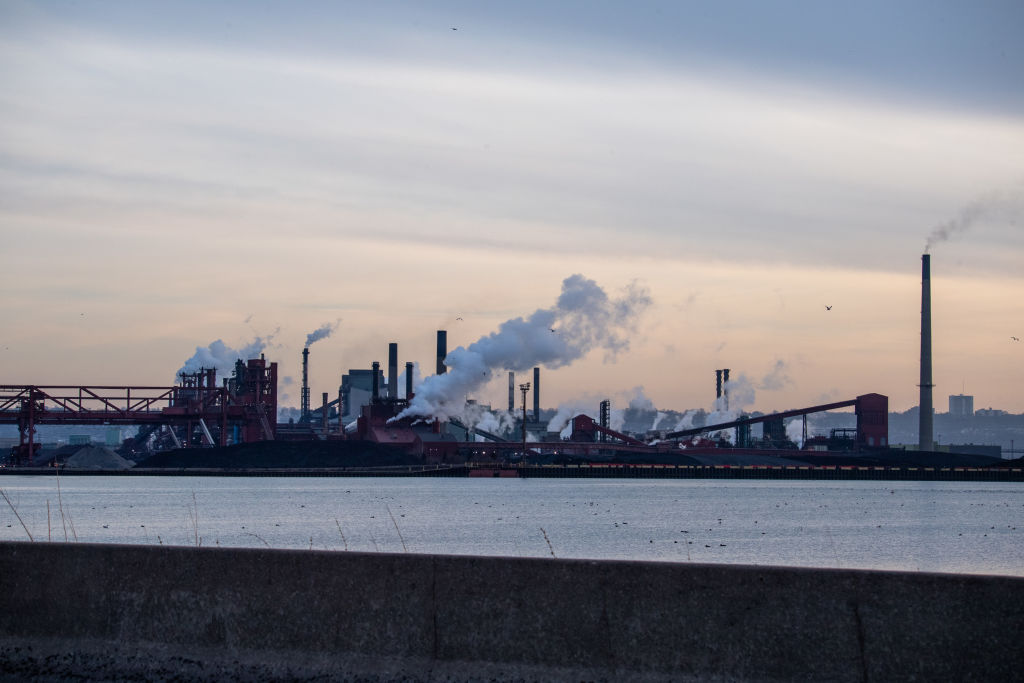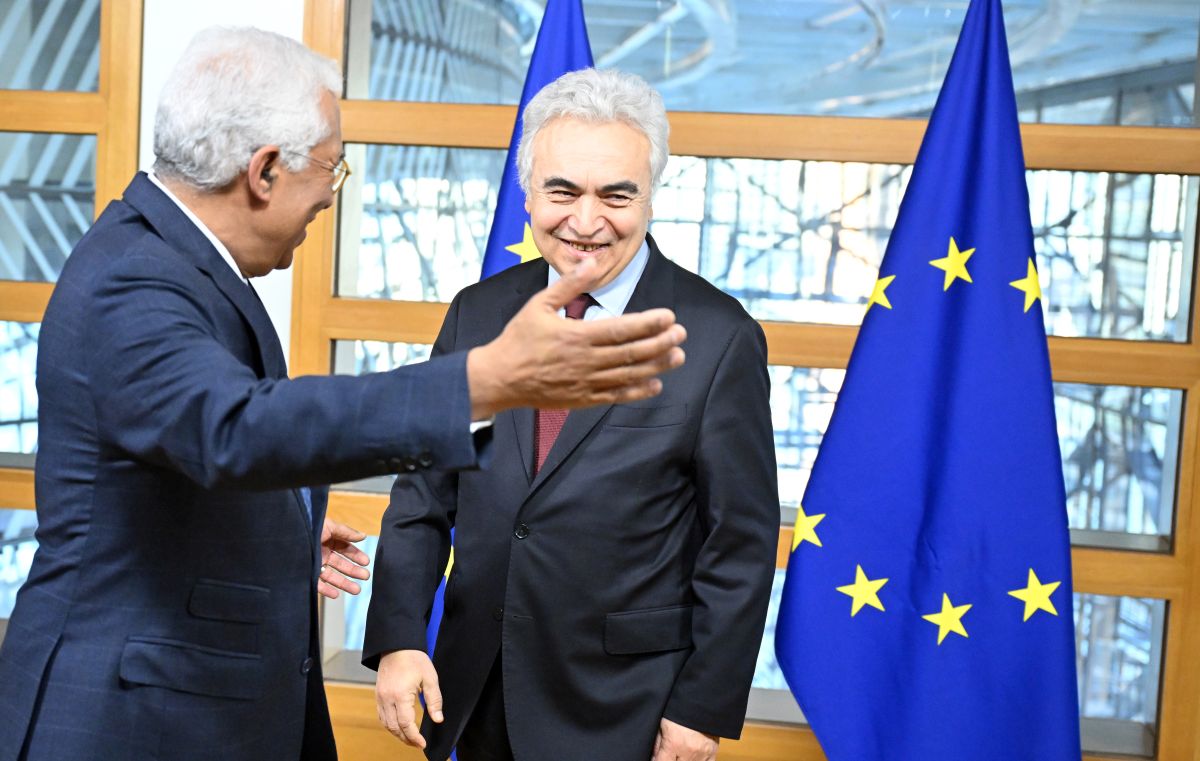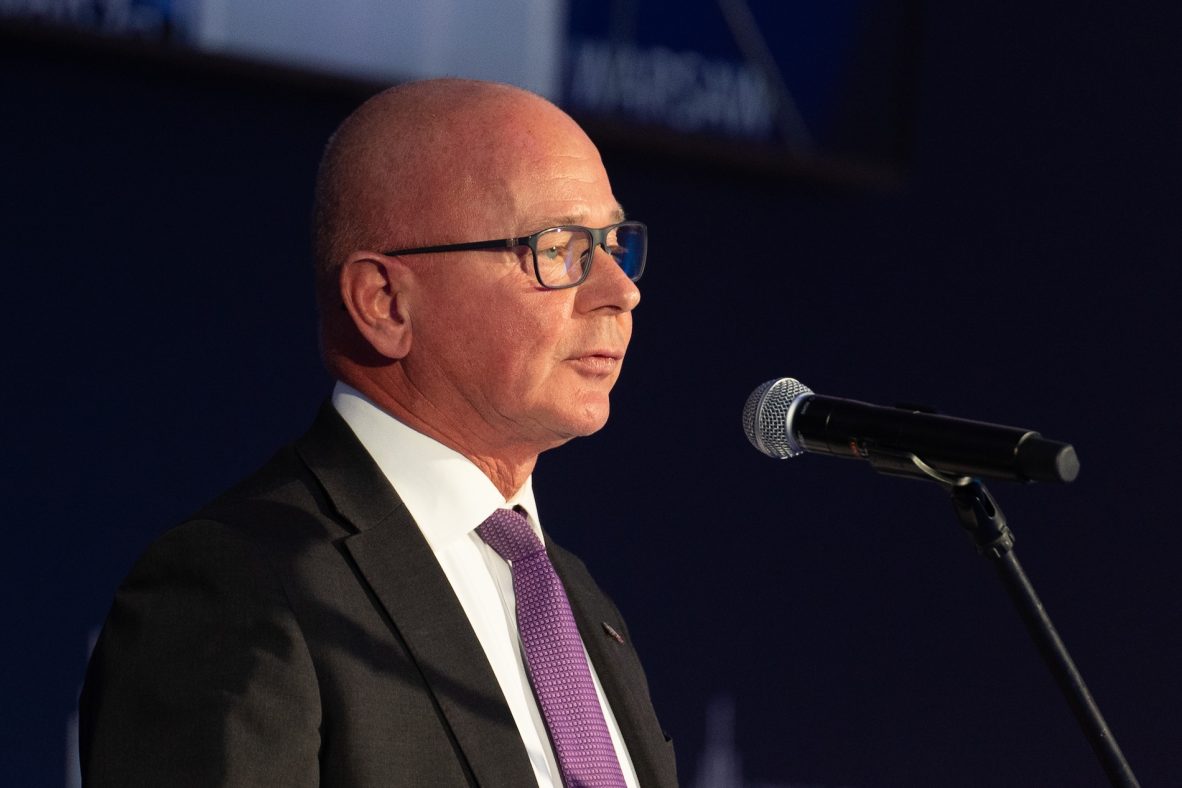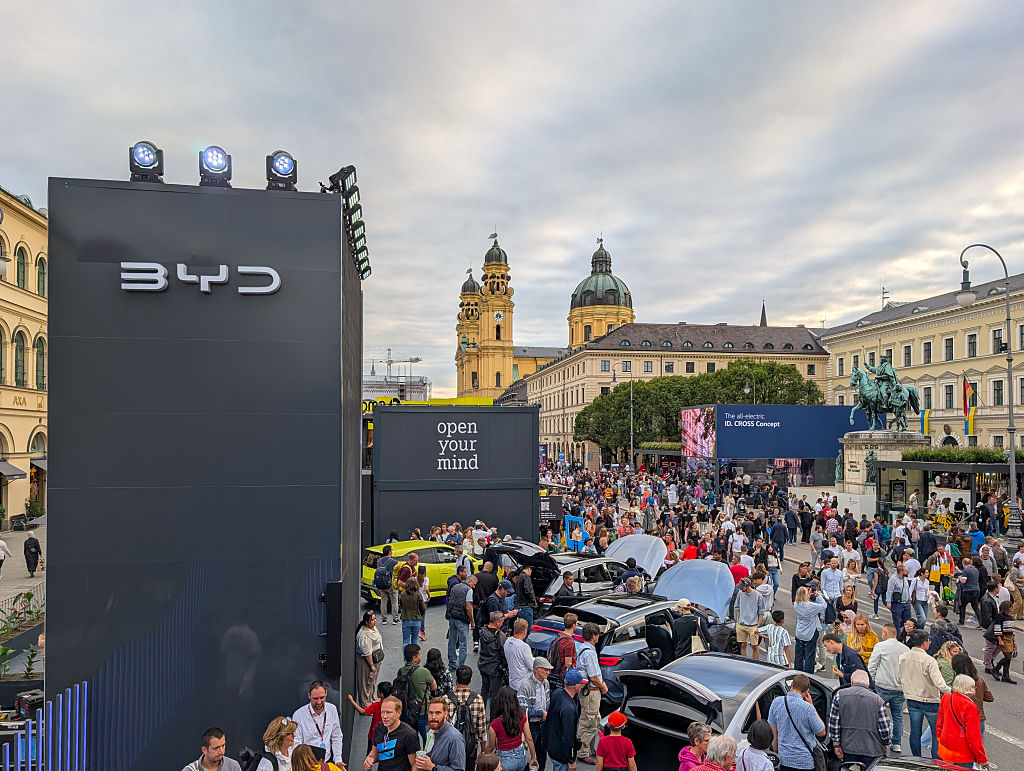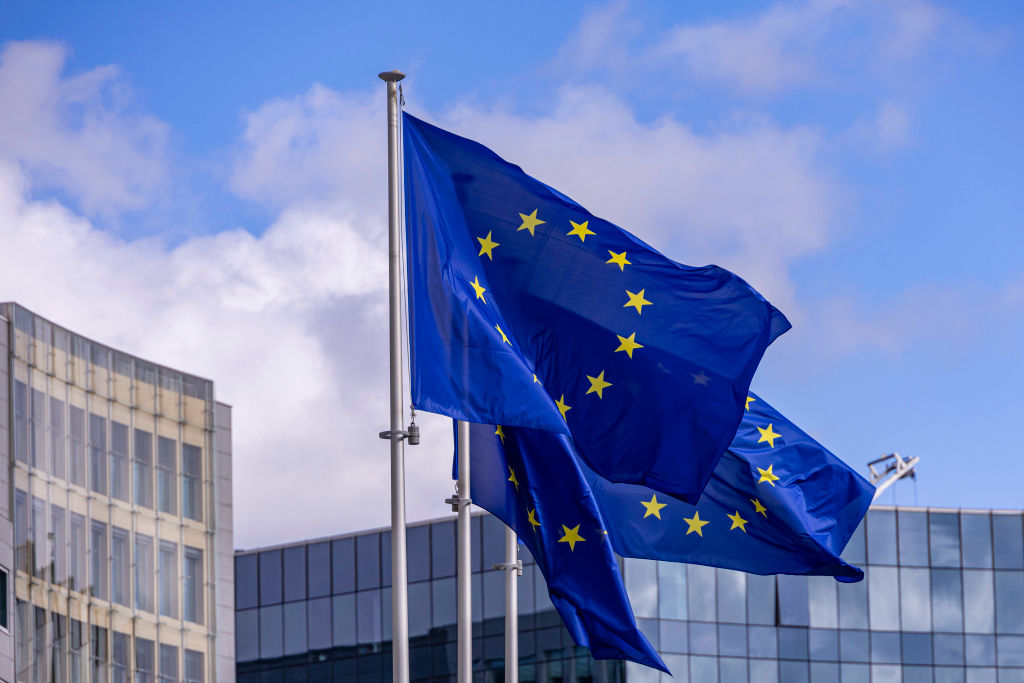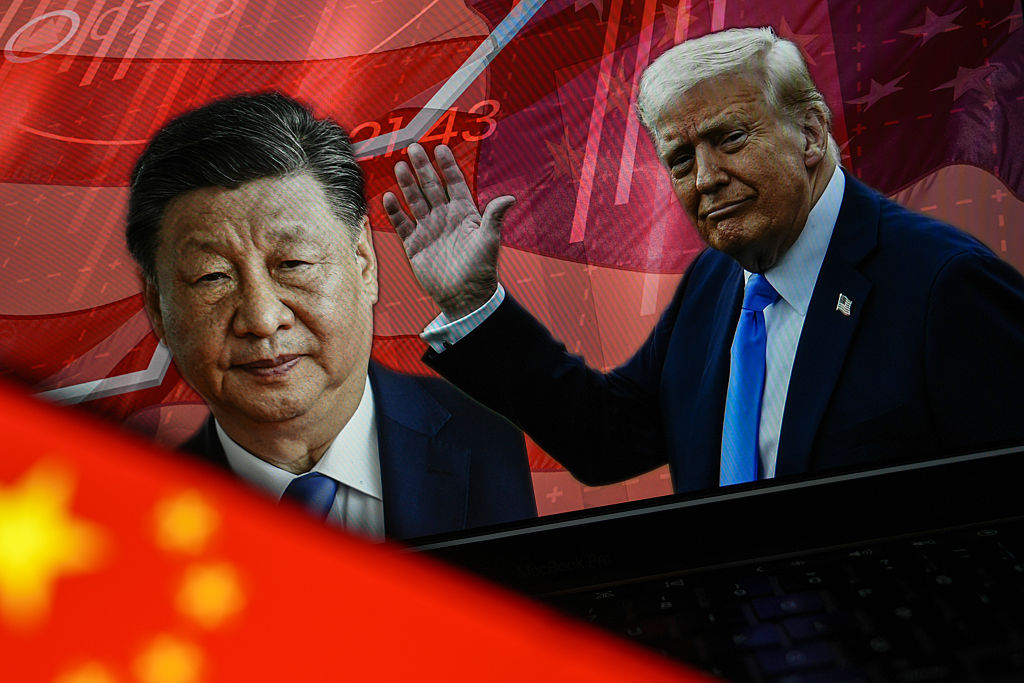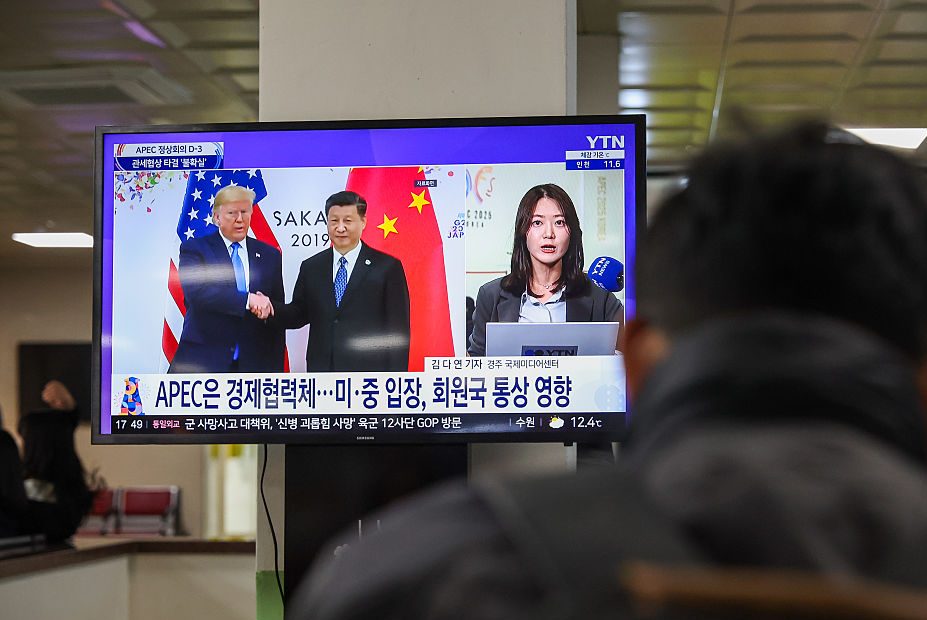EU climate chief vows to push China on 'disappointing' climate target
Hoekstra: China’s climate stance risks derailing Paris Agreement targets
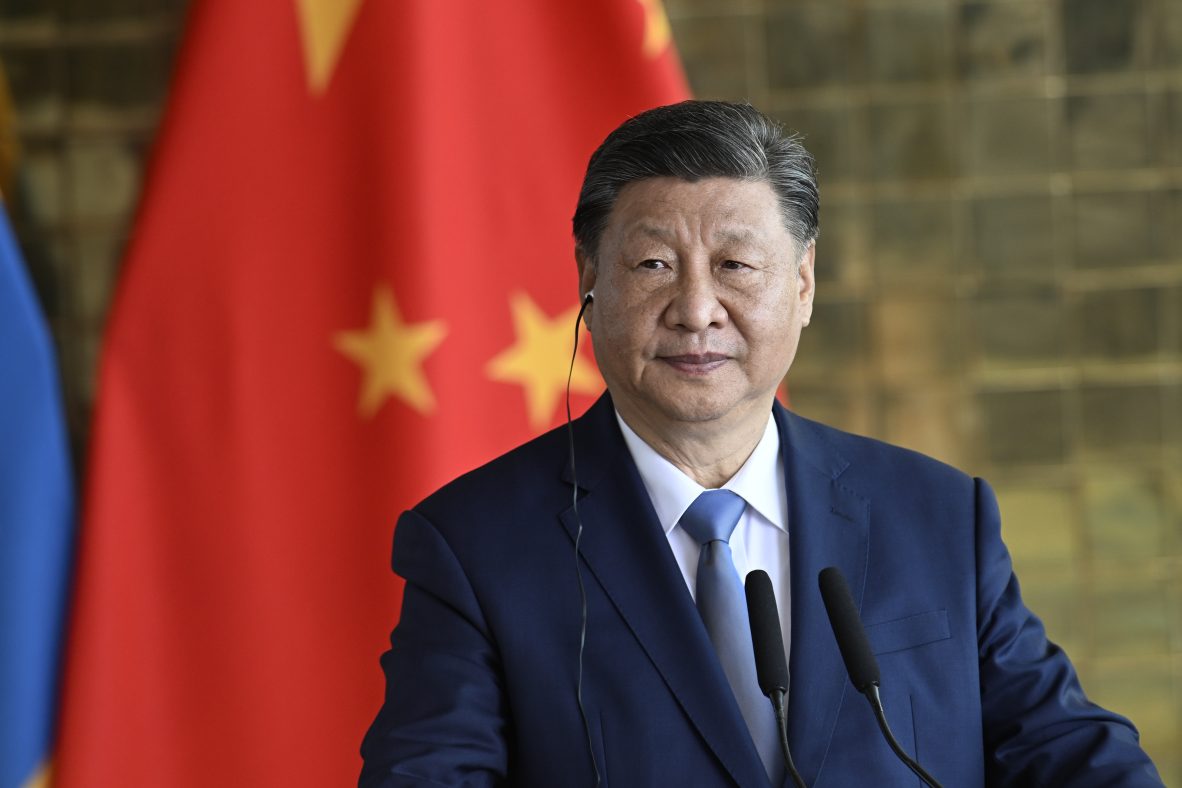
Climate Commissioner Wopke Hoekstra plans to push Beijing to go beyond its pledge – unveiled by President Xi Jinping on Wednesday – to reduce greenhouse gas emissions by 7-10% from peak levels by 2035, a target far below what NGOs and analysts hoped for.
At the UN climate summit in New York yesterday, Commission President Ursula von der Leyen reasserted Europe’s commitment to ambitious climate action, despite having presented only a vague statement of intent to world leaders after governments failed to agree on a concrete target in time.
Despite the continuing division in Brussels over how much the EU should contribute to the global effort to arrest temperature rise, Hoekstra was quick to question China’s pledge.
“This level of ambition is clearly disappointing, and given China’s immense footprint, it makes reaching the world’s climate goals significantly more challenging,” the climate commissioner said on Thursday morning.
“We will continue to push China (and others) to go beyond the current level of ambition, and respect our joint commitments under the Paris Agreement,” he said.
Analysts shared Hoekstra’s disappointment.
“With the EU and others still struggling to row forward, China could be hoisting its sails and leading the way,” said Kate Logan, director of the China Climate Hub at the Asia Society Policy Institute. Instead, the “underwhelming” 7-10% target represented a missed opportunity to deliver real leadership, she said.
Beijing’s target was not just low on ambition, but an unrealistic understatement of current trends, analysts said.
“China’s 2035 target simply isn’t representative of the pace of the energy transition in the country,” said Bernice Lee of Chatham House in the UK. “The reality is the country invested $625 billion in clean energy last year – 31% of the global total,” Lee said.
For Lauri Myllyvirta of the Centre for Research on Energy and Clean Air (CREA), the target should be seen as “a floor, not a ceiling”.
“Simply maintaining current rates of clean energy growth can deliver much larger reductions in emissions,” Myllyvirta said.
This assessment echoed comments by Belinda Schäpe, a China policy analyst at the Centre for Research on Energy and Clean Air, who spoke immediately after Xi’s announcement.
The 7-10% emission cut was “far below what would be required to align with the Paris Agreement targets,” Schäpe said, arguing that the required CO2 reduction would have been around 30%, compared to 2024 levels.
“On the positive side, the current clean energy trends that we’re seeing in China are very likely to deliver a much steeper emission reductions over the next decade,” Schäpe added.
United Nations Framework Convention on Climate Change (UNFCCC) executive secretary Simon Stiell welcomed Xi’s statement, adding his own positive spin.
The updated target implied an “acceleration of climate action” and sent a “signal that the future global economy will run on clean energy,” Stiell said. The Grenadian politician, who will oversee the COP30 climate conference in Brazil in November, was upbeat.
“We know China has a long and impressive record of meeting and surpassing its targets for climate change and clean energy,” Stiell said.
(rh, aw)
Updated with additional comment.

